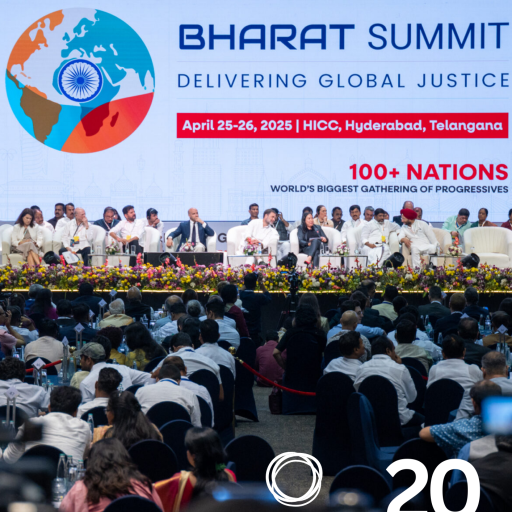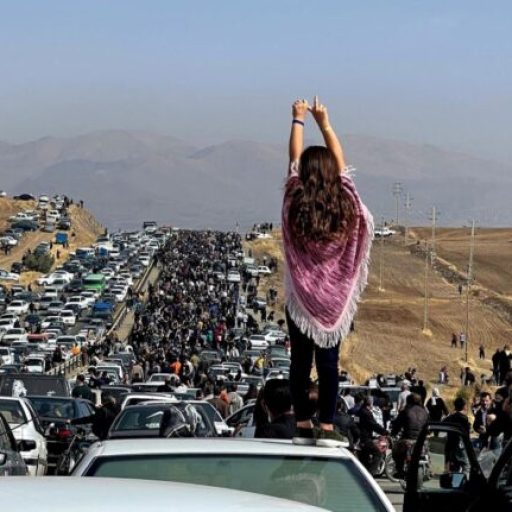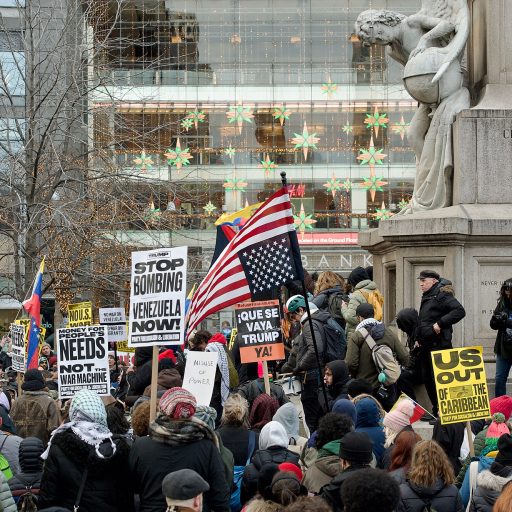108 years ago, in August of 1914, World War I broke out. At the time, advanced modern weaponry such as planes, tanks, and chemical weapons produced an unprecedented number of casualties and destruction. From this lesson, the world leant the importance of a system of international cooperation and peace-keeping, leading to the Kellogg-Briand Treaty signed in Paris in 1928.
And yet, once again, mankind went to war on a global scale for a second time, during World War II.
However, after giving consideration to such a war breaking out for the second time in history, the international community created the United Nations, once again aiming at a world without war. The Preamble of the UN Charter declares all wars illegal while enshrining the principles of pacifism and internationalism. It states: “…And for these ends, to practice tolerance and live together in peace with one another as good neighbors, and to unite our strength to maintain international peace and security, and to ensure, by the acceptance of principles and the institution of methods, that armed force shall not be used, save in the common interest, and to employ international machinery for the promotion of the economic and social advancement of all peoples.”
Once, Japan also experimented with becoming an empire through war. Occupying several Asian nations, Japan inflicted pain on the people in the occupied and colonized territories through the escalation of war. Reflecting on this history – and in order to avoid repeating it – Japan enacted Article 9 of the Japanese Constitution (1947) which stipulates the “renunciation of war,” the “non-retention of armed forces” and the abandonment of “the right of belligerency of the state.” (see https://japan.kantei.go.jp/constitution_and_government_of_japan/constitution_e.html)
I don’t want Asia to bleed again, and I don’t think the world should be soaked in blood by war. To that end, we aim to establish a regional security system in Northeast Asia that seeks international coexistence based on pacifism and international cooperation. Article 9 helps us in this endeavor through the stipulations regarding “military non-intervention in armed conflict between other countries” by maintaining minimum means for self-defense, limiting the application of the right of self-defense, and by upholding the principle of participation in the efforts of the international community centered on the UN.
According to the Preamble of the Japanese Constitution, “…The Japanese people, desire peace for all time and are deeply conscious of the high ideals controlling human relationship, and we have determined to preserve our security and existence, trusting in the justice and faith of the peace-loving peoples of the world… We recognize that all peoples of the world have the right to live in peace, free from fear and want. We believe that no nation is responsible to itself alone, but that laws of political morality are universal; and that obedience to such laws is incumbent upon all nations who would sustain their own sovereignty and justify their sovereign relationship with other nations. We, the Japanese people, pledge our national honor to accomplish these high ideals and purposes with all our resources.”
After World War II, ideological conflict between East and West characterized the international system. International community entered what was called the Cold War. This conflict gave rise to an era of tremendous friction precipitated by the expansion of military power and the proliferation of nuclear weapons. Thus, the collective security system that the UN envisioned in the preamble of its Charter did not materialize, regional conflicts did not disappear, and casualties continued to pile on.
But one big achievement seems to have transpired: the expansion of democracy and pacifism. In the Cold War, countless victims, especially vulnerable people like women, children and working people, were sacrificed – yet democracy, in conjunction with the rule of law and pacificism, made headway to create a peaceful world.
However, looking at Russia’s invasion of Ukraine today, I cannot help but feel despair about the re-emergence of imperialism and hegemonic thinking.
Recently, the issue of “nuclear sharing” has been discussed in Japan. Former prime minister Shinzo Abe and parts of the Liberal Democratic Party have advocated for the right of collective self-defense to be further strengthened. However, there is no such thing as a righteous war, and the inhumanity of nuclear weapons, in particular, looms large. As long as we keep to a strategy of nuclear deterrence, the proliferation of nuclear weapons will continue unabated; as long as we prepare for a future war, there will be no end to war.
I have to wonder: what have we achieved these past one hundred? Peace cannot be created through military force. Once a war starts, it is difficult to put a stop to it. War should never be started in the first place. What we need is more dialogue and mutual understanding to prevent war. But to reach that goal we need more democracy and pacificism. I believe that the only way to achieve this is by deepening mutual trust and understanding through discussions and cooperation over global issues such as climate change and food problems.
It has been claimed that Article 9 of Japan’s Constitution is idealistic and unrealistic. It has also been said that it does not allow Japan to undertake pre-emptive strikes and to possess the military equipment necessary for it, such as special units, long-range missiles, or refueling aircrafts —even though such equipment also might serve the purposes of non-aggressive defense policies. Yet, the only reason why Japan has not engaged in the use of force after the last war is due to Article 9 of the Constitution. Thus, Article 9 is a major achievement and an important lesson drawn from the misery of World War II.
Once again, I believe that those who share progressive ideas should act on the wisdom to build peace with mutual understanding and trust – not through force, but through dialogue.
Shoichi Kondo is a Member of the House of Representatives of Japan for the Constitutional Democratic Party. After graduating from the Faculty of Law at Sophia University in Tokyo and a period of study abroad at Beijing Language and Culture University, he worked as a journalist. He is also the Representative of progressive nonpartisan groups such as the “Constitutional Forum,” which is dedicated to protecting Japan’s pacifist constitution, and of “Zero Nukes,” dedicated to a phase-out of nuclear energy in Japan.
Translated from the Japanese original by Collin Rusneac.





![Headline: Hier bitte das Thema [ Headline] 24.10.25, Lucerne, Switzerland, Progressive Alliance PA women conference](https://progressive-alliance.info/wp-content/uploads/elementor/thumbs/MAW251024mw859033AdobeRGB-scaled-recq0qxu9kb6pncdi2i7wo6ttne03ppnu58zxxdc74.jpg)
![Headline: Hier bitte das Thema [ Headline] 25.10.25, Lucerne, Switzerland, Progressive Alliance PA women conference](https://progressive-alliance.info/wp-content/uploads/elementor/thumbs/MAW251025mw860402AdobeRGB-scaled-recs8kegm3kqlleif2kq512xsjz2qfl3t7kc0t0tts.jpg)